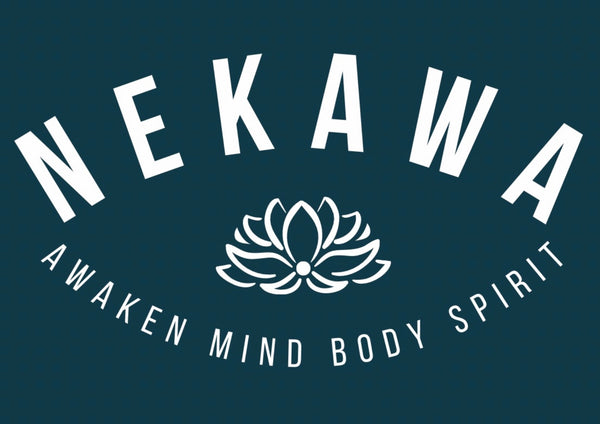
What is Self-Hypnosis?
Share
What is self-hypnosis?
Learning self-hypnosis can empower individuals by providing them with the resources to take control of their own mental state and emotional wellbeing. It can be a valuable tool for personal growth and self-improvement by reducing stress and anxiety, improving focus and concentration, supporting the individual in overcoming limiting beliefs and achieving personal goals.
Being taught self-hypnosis can help the individual find it easier to self induce a state of deep relaxation and calmness, which can be highly beneficial for reducing stress and anxiety. This in turn can activate the body's natural healing mechanisms, leading to a sense of rejuvenation and wellbeing, as the body is in an optimal state to release tension, reduce stress hormones and increase blood flow to areas that need healing.
Self-Hypnosis can feel liberating for the individual as it allows them to access their subconscious mind, which can hold deeply ingrained beliefs and patterns of behaviour that can be difficult to change consciously. By accessing the subconscious mind, reprogramming of negative thought patterns and beliefs can occur, leading to positive changes in behaviour and attitude. With practice, individuals may be able to identify stressors and find it easier to dispel negative feelings.
What is the difference between Hypnosis and Self-Hypnosis?
Hypnosis or hypnotherapy is typically conducted by a trained professional who guides the individual into a hypnotic state, and then uses a range of techniques to address specific issues or challenges, such as anxiety, phobias or chronic pain. The hypnotherapist will work with the individual to identify and modify negative thought patterns, beliefs or behaviours that may be contributing to the issue.
Self-hypnosis is a technique that individuals can use on their own to induce a hypnotic state and then use therapeutic suggestions to address their own issues or challenges. Self-hypnosis can be learned from a hypnotherapist, through self-study or online courses, or through guided audio recordings such as the one below.
Self-hypnosis complements hypnotherapy by allowing individuals to continue their therapeutic work outside of the hypnotherapy session. It can be used to reinforce the positive changes that have been made during hypnotherapy sessions, or to address more minor issues that may not require professional intervention. In addition, self-hypnosis can help individuals feel more empowered and in control of their own healing process.
Can I just do self-hypnosis?
It is important to note that self-hypnosis should not be used as a substitute for professional hypnotherapy, medical or psychological treatment. Individuals with more serious or complex issues should seek the guidance of a trained hypnotherapist or qualified healthcare professional to ensure safe and effective treatment.
In conclusion
Overall, self-hypnosis can be a powerful healing tool because it allows individuals to tap into their own inner resources and activate their body's natural healing mechanisms. This makes it an empowering method of addressing personal growth and self-improvement and it can reinforce changes made during professional hypnotherapy sessions. By addressing underlying emotional issues, reducing stress and tension, and reprogramming negative thought patterns, individuals can experience greater physical and mental wellbeing.
Please listen to this self hypnosis recording to lock in positive feelings.
If you would like to try more hypnosis please book a free 15 minute consultation or contact us to find out more.
